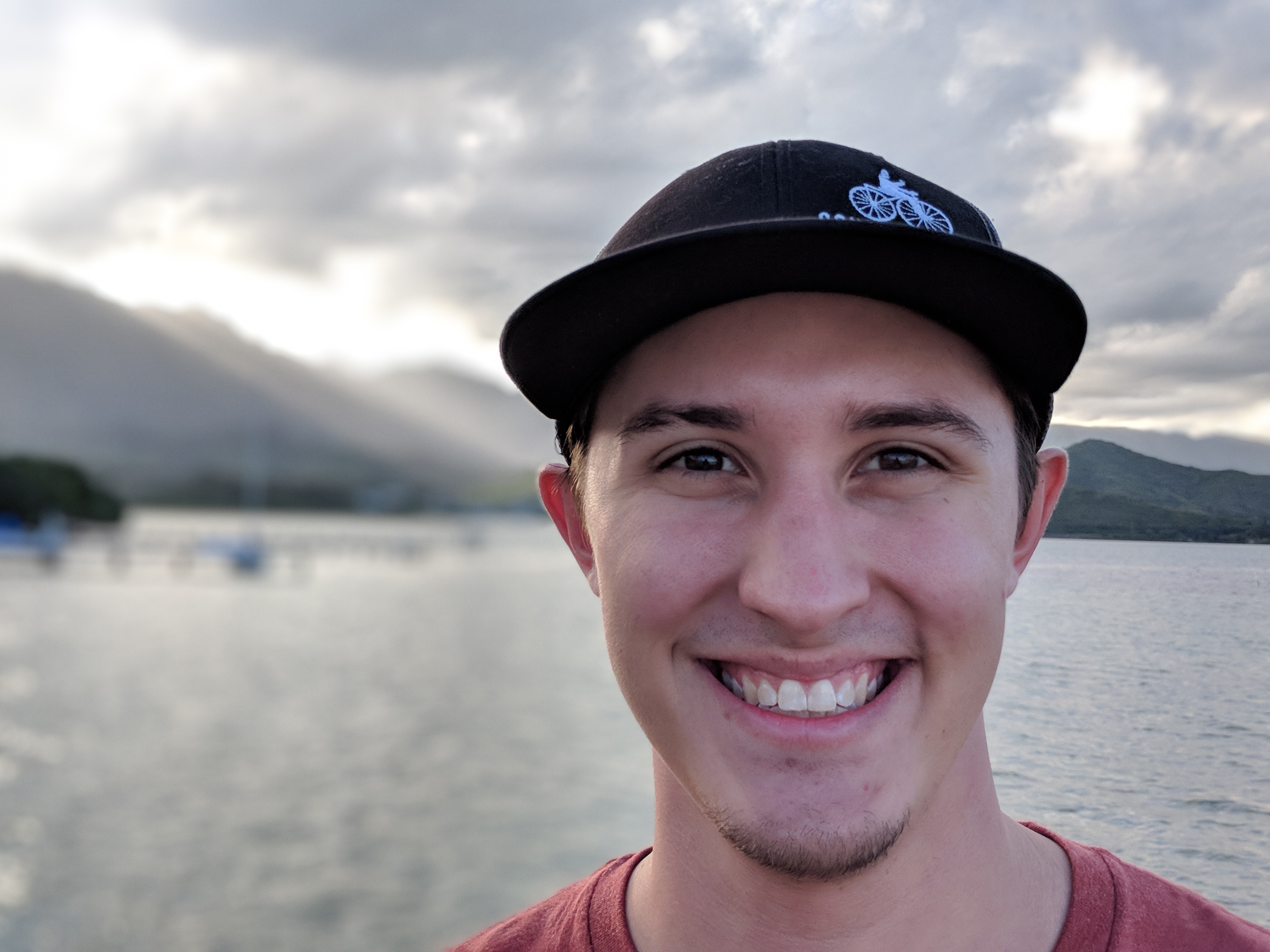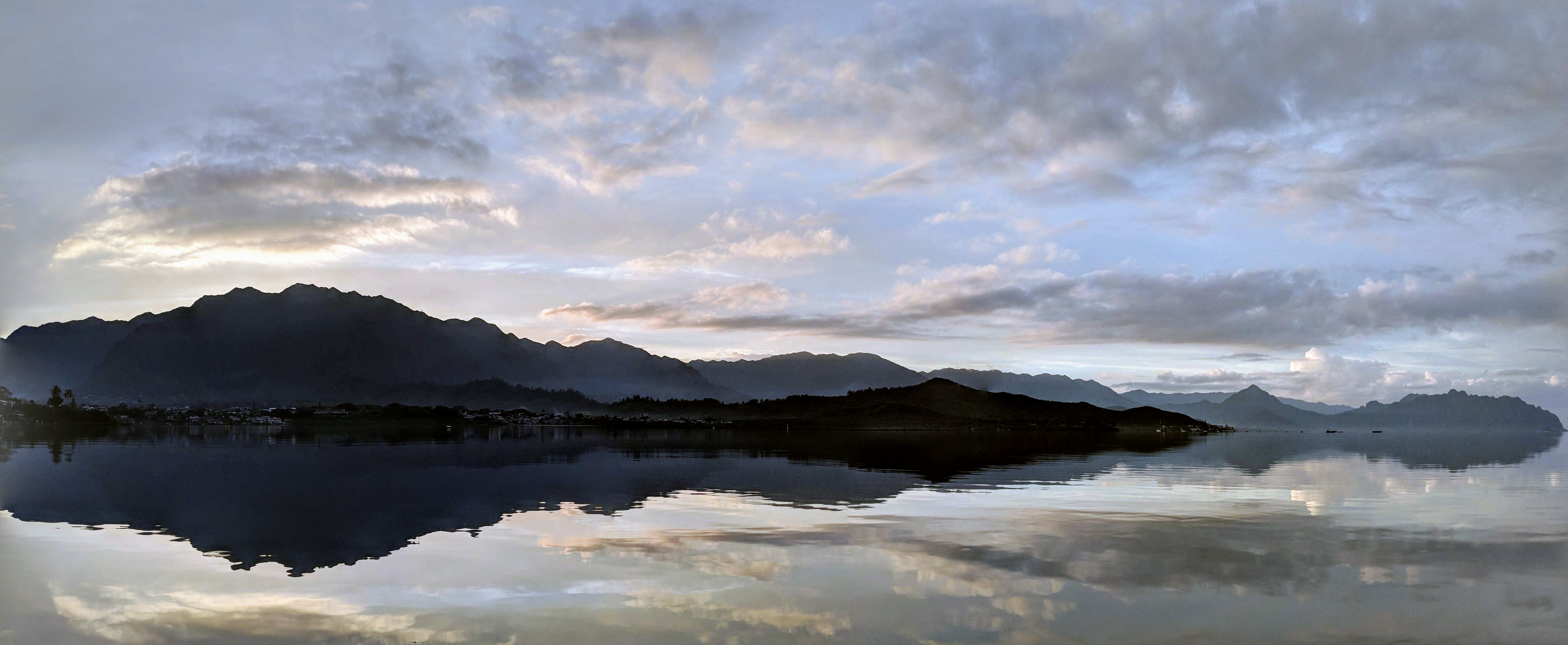

Broadly, my research explores biological responses to environmental change at different temporal and spatial scales. I am employing molecular techniques to explore (i) signals of salinity adaptation from the population genetic level in tilapia, (ii) genomic differentiation among diverse taxa across the Hawaiian archipelago’s gradient of environmental conditions, and (iii) responses of cryptofauna to the massive reefscape change using the massive bleaching event at Jarvis Island in 2015. It is important that the scientific community comes together to assess how and where change in environmental conditions manifest, what organisms can and will be affected, as well as the scope of the impacts to understand the evolutionary and ecological consequences.
Distilled down, organisms have four basic responses to a changing environment: Migration, acclimation, adaptation, or extinction. Migration can be an effective strategy when moving to a more favorable microclimate is possible. For many sessile organisms, this takes considerable time, over the course of generations. Acclimatization, or the ability to gradually maintain tolerance to change is another strategy to respond to a changing environment. However, this ability is not equal among all species and some have much more narrow tolerance levels and individual ability to cope with changes. The third response, adaptation, is what I am extremely excited about investigating. Adaptation occurs at the metapopulation level via genetic changes, essentially altering the underlying machinery of the organism.
Utilizing molecular approaches to investigate the questions that interest me has also lead to a vested interest in bioinformatics – essential to analyzing massive quantities of genetic information. In our lab, we commonly use Pool-seq approaches which require great analytical efforts. I have now spearheaded the development of a novel streamlined, customizable pipeline for Pool-seq data, which is currently available on GitHub and being expanded to process raw reads all the way through to publication-ready, interactive visualizations.
In addition, I am also collaborating with National Oceanic and Atmospheric Administration — Locally, as the Heʻeia National Estuarine Research Reserve System Graduate Research Fellow, and throughout the Pacific as a partnering scientist with NOAA’s Ecosystem Sciences Division’s aboard several Pacific Reef Assessment and Monitoring Program research cruises.
Since I began diving in the field, my perception of the ocean has very much changed for the better. I am very fortunate to have had opportunities to see the system I love and study. My personal fascination has led to an enthusiasm for underwater photography. I use this hobby as a channel to share what I see with others that may not be able to have the same opportunities. I would recommend anyone who has been curious about diving to take any opportunity you can to get out there and explore. I am a NAUI Divemaster and would be happy to accompany any other enthusiastic divers!
